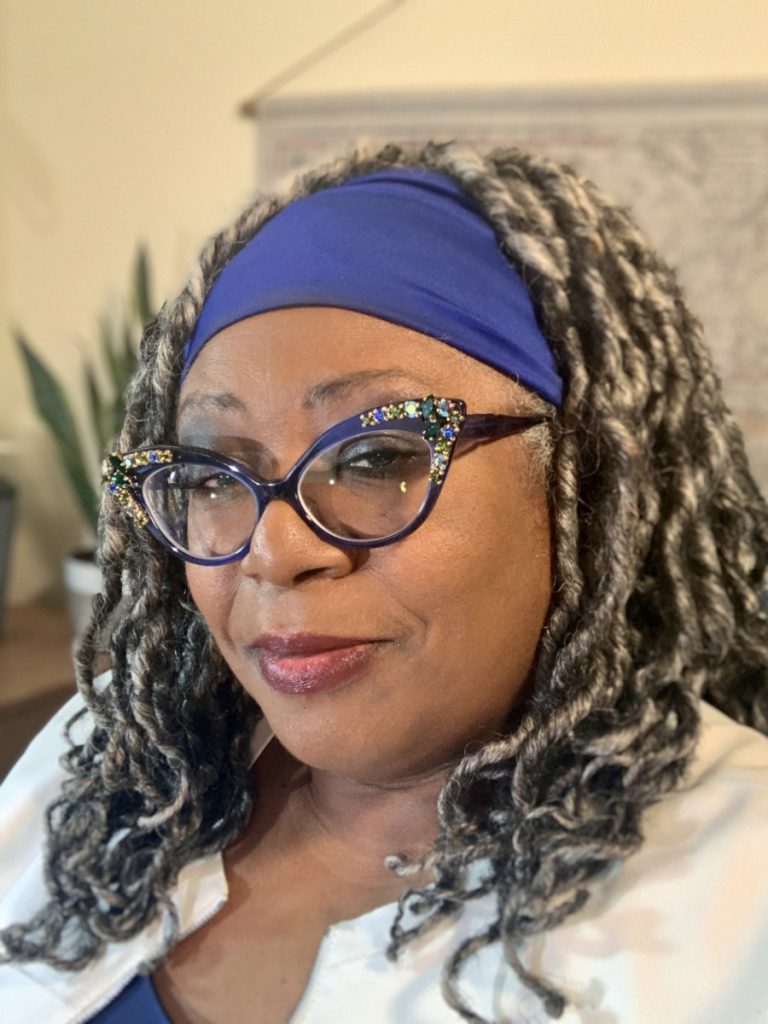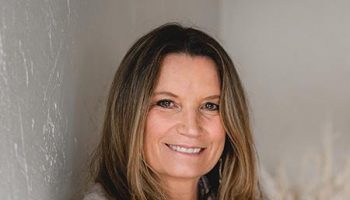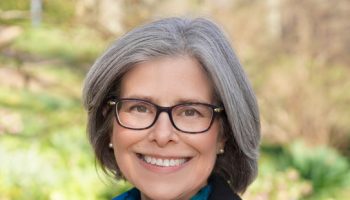People often question what their role is, if they’re doing enough, and what they could improve on to be a productive member of society. Anthea Butler, author and Geraldine R. Segal Professor of American Social Thought at the University of Pennsylvania, offers a three-step guide to answer these questions.
Butler will give her lecture, “The Promise of the Polis: Guidance for Living in Trying Times,” at 2 p.m. Thursday, July 28, in the Hall of Philosophy for Week Five of the Interfaith Lecture Series theme “The Ethical Foundations of a Fully Functioning Democracy.”
Butler will begin her lecture by outlining the three-step guide.
“One, is that we have to think about what we look like as a society, and the comparison between what the Greeks were trying to do, and where our society is being fractured,” Butler said.

Next, she wants people to ponder what their place is in society. Then, ask how they can break out of the fractured society that has been created.
“I think one of the things that I want to do is talk about what we’ve lost in being citizens of something greater than just our personal lives,” Butler said.
Butler said people need to focus more on how to get involved with taking care of others — along with their role and responsibility in the society they live in — rather than isolating themselves.
“They are part of something much bigger than themselves, and if we really are to survive this series of calamities … they will need to become involved in a different way, rather than sitting around listening to people,” Butler said.
Talking to the public personally through various forms of media is something Butler said she does well. She was the 2022 Marty Award winner, given by the American Academy of Religion; this award is presented to an individual whose work has helped advance the public understanding of religion.
“I think it is important to not just engage the public through writing; you talk to the public personally, through social media platforms, and you don’t stand apart from the public,” Butler said.
She said she will answer any question anyone asks about religion, politics or the two intertwined. Butler said she engages her social media audience the same way she does with students in her classroom, and it is how she plans to engage with Chautauquans.
“(My lecture) gives people a balance of what they need,” Butler said. “I know that’s one of the questions they wanted answered this week: ‘Do we always need religion?’ I think the issue is that religion can help for a fully functioning democracy.”
But as of now, religion is breaking American democracy, Butler said, and people need to realize, hear and understand that using religion may be counterintuitive in the context of people who aren’t religious.
“I think it’s really important to talk about the ways in which religion, when it is used to put one group over another, really does not help democracy,” Butler said. “There also needs to be space for people who don’t have a use for religion. … It is not something that should be used to make people feel like that’s how they need to be part of the democratic process.”
Her commitment to her work stemmed from a dedication and interest in history and religion. She described her journey to share untold African American stories as “a war, lifetime–kind-of-work.” A facet of this work is her 2021 book, White Evangelical Racism: The Politics of Morality in North America.
As an African American woman in the United States, Butler said her whole life has been spent working against racism, how people perceive her, and the treatment of people of color in this country.
“I don’t have some epiphany moment because that’s been my life,” Butler said. “I think that it’s really important for people to understand that some of us have to struggle through a whole bunch of different things just because of who we are.”




